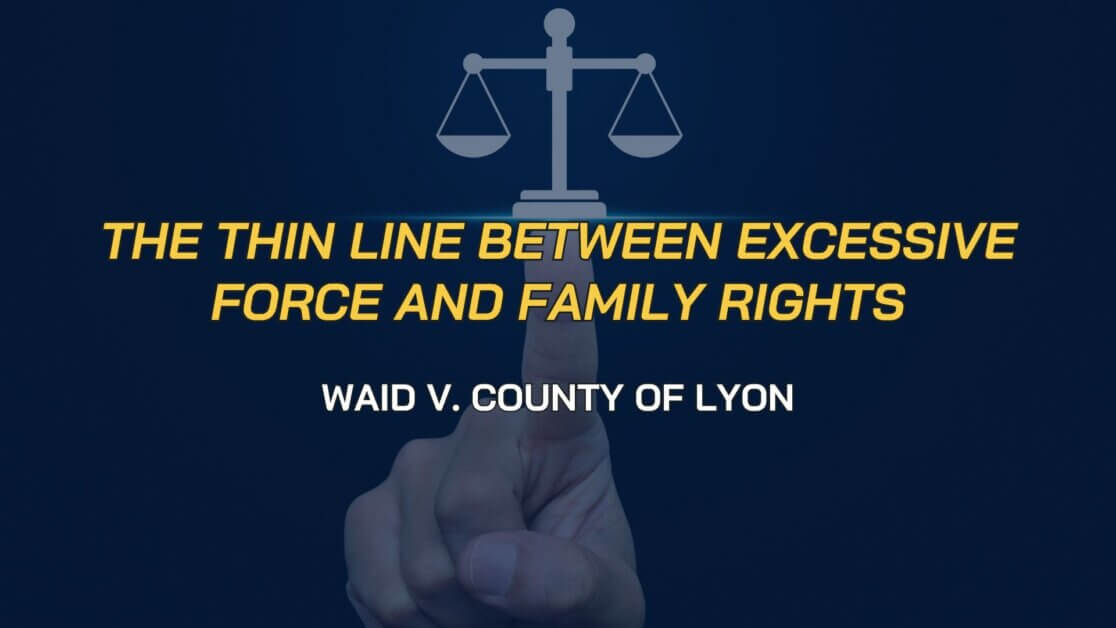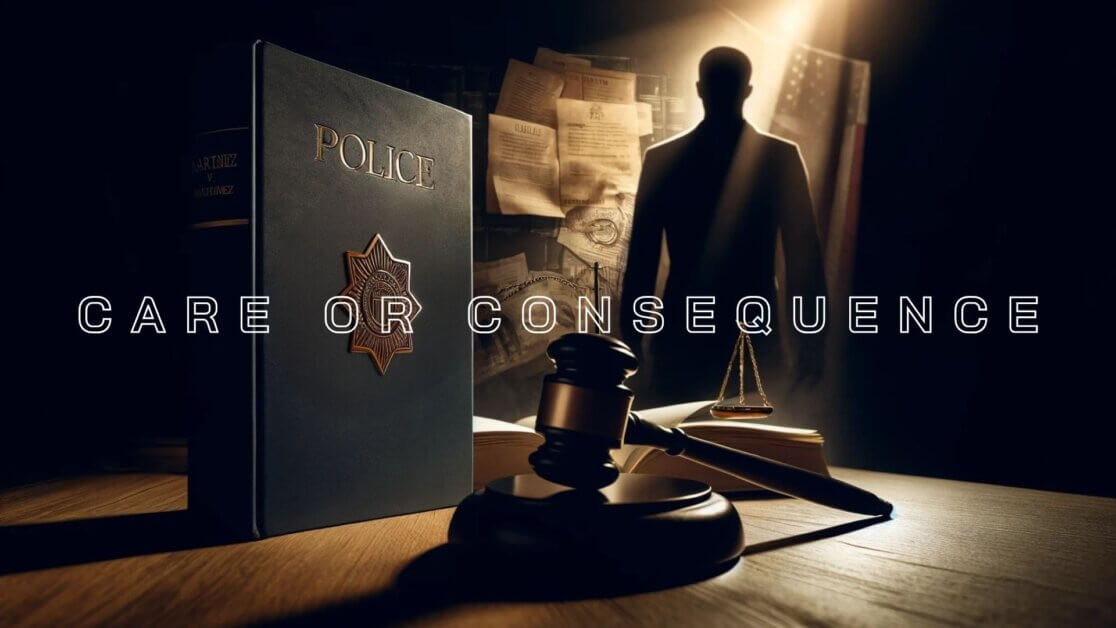Deadlifts, De-escalation & Deadly Force: Ninth Circuit’s Deliberation on Qualified Immunity Amidst Gym Confrontation in Smith v. Agdeppa
The Ninth Circuit Court of Appeals, in the case of Smith v. Agdeppa, recently explored the parameters of qualified immunity in a case where two police officers faced an intense confrontation with a suspect at a Los Angeles Gym.1 The subsequent use of deadly force by Officer Edward Agdeppa led to legal action by the deceased’s mother, Paulette Smith. She contended that her son’s […]


